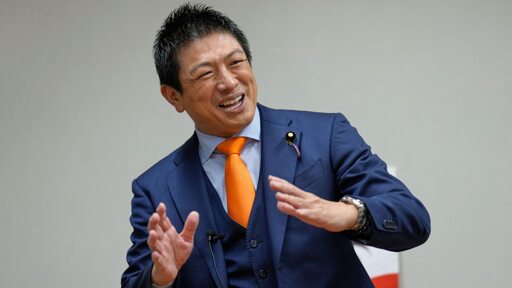Outside a train station near Tokyo, hundreds of people cheer as Sohei Kamiya, head of the surging nationalist party Sanseito, criticizes Japan’s rapidly growing foreign population.
As opponents, separated by uniformed police and bodyguards, accuse him of racism, Kamiya shouts back, saying he is only talking common sense.
Sanseito, while still a minor party, made big gains in July’s parliamentary election, and Kamiya’s “Japanese First” platform of anti-globalism, anti-immigration and anti-liberalism is gaining broader traction ahead of a ruling party vote Saturday that will choose the likely next prime minister.



Japan’s voting system is FPTP for rural seats, but proportional for urban seats. This means that not only do conservatives sweep rural seats, but also split the urban seats, which would usually would otherwise to progressives under a full FPTP system. This toxic mix has been a longstanding issue in their politics.